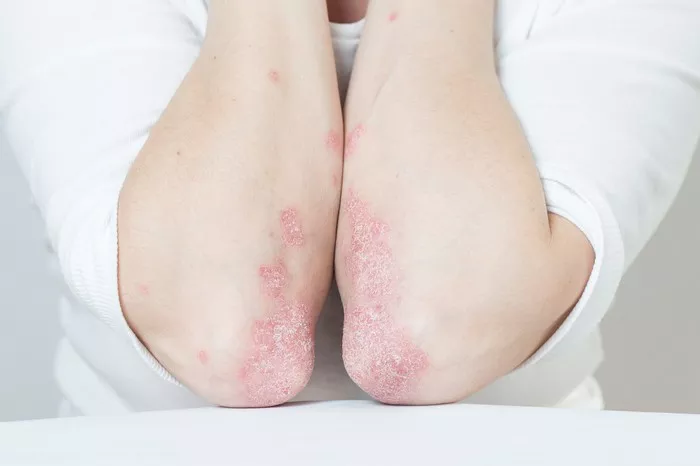Air pollution, a byproduct of industrialization, is widely recognized for its negative impact on respiratory health. However, a recent study suggests it may also have significant effects on skin health, particularly increasing the risk of eczema in adults.
The study, which focused on fine particulate matter (PM2.5), found a clear connection between elevated air pollution levels and a higher likelihood of developing eczema. PM2.5 refers to tiny particles, less than 2.5 micrometers in diameter, that include dust, acids, organic chemicals, and metals suspended in the atmosphere. These pollutants are generated by industrial activities and can remain airborne for extended periods, affecting large populations.
“The prevalence of eczema has risen alongside industrialization, which has contributed to increased levels of ambient air pollution, including PM2.5,” the study’s authors stated. “Our research shows that the risk of eczema rises with higher concentrations of PM2.5 in the air, confirming that air pollution is a significant environmental factor contributing to inflammatory skin conditions.”
The study, which analyzed data from 286,862 adults participating in the U.S. National Institutes of Health’s All of Us research program, found that 4.4% (12,695 adults) were diagnosed with eczema. The researchers noted a strong correlation between higher rates of eczema and exposure to areas with high air pollution levels.
“Both skin cells exposed to PM2.5 and the skin of eczema patients show signs of oxidative damage,” the researchers explained. They further pointed out that eczema risk increases by approximately twofold for every 10 μg/m³ rise in PM2.5 concentrations. This finding is particularly relevant, given that the U.S. Environmental Protection Agency’s Air Quality Index (AQI) tracks PM2.5 levels as a key indicator of air pollution.
The study also highlighted the potential risks to individuals with eczema when air quality deteriorates. When the AQI reaches the “moderate” range (12.1–35.4 μg/m³), individuals with eczema may experience exacerbated symptoms or flare-ups. The risk becomes even more pronounced at higher AQI levels. “At these levels, individuals with eczema are advised to limit outdoor activities, use air filters indoors, and protect exposed skin when going outside,” the authors cautioned.
This research underscores the need for greater awareness of environmental factors like air pollution in the management and prevention of eczema, particularly in urban areas with high pollution levels.
Related topics:


























